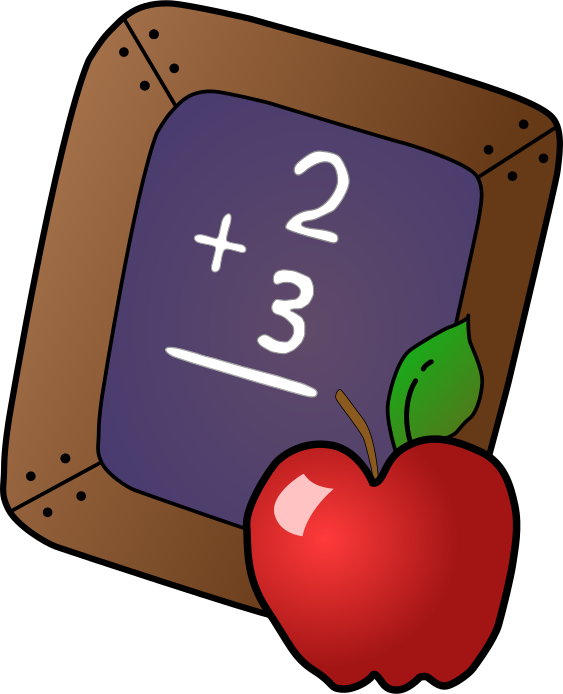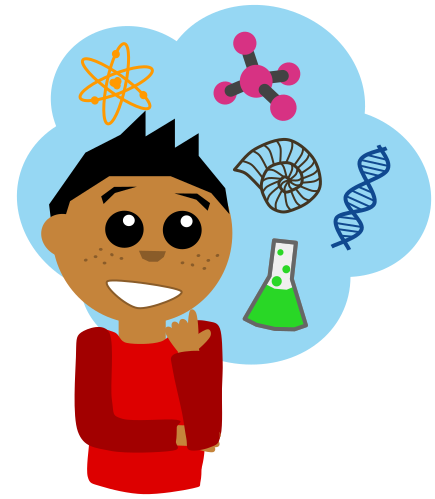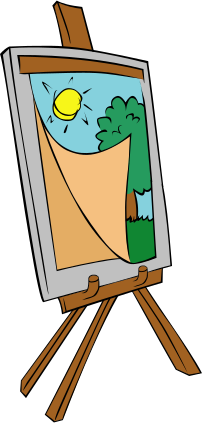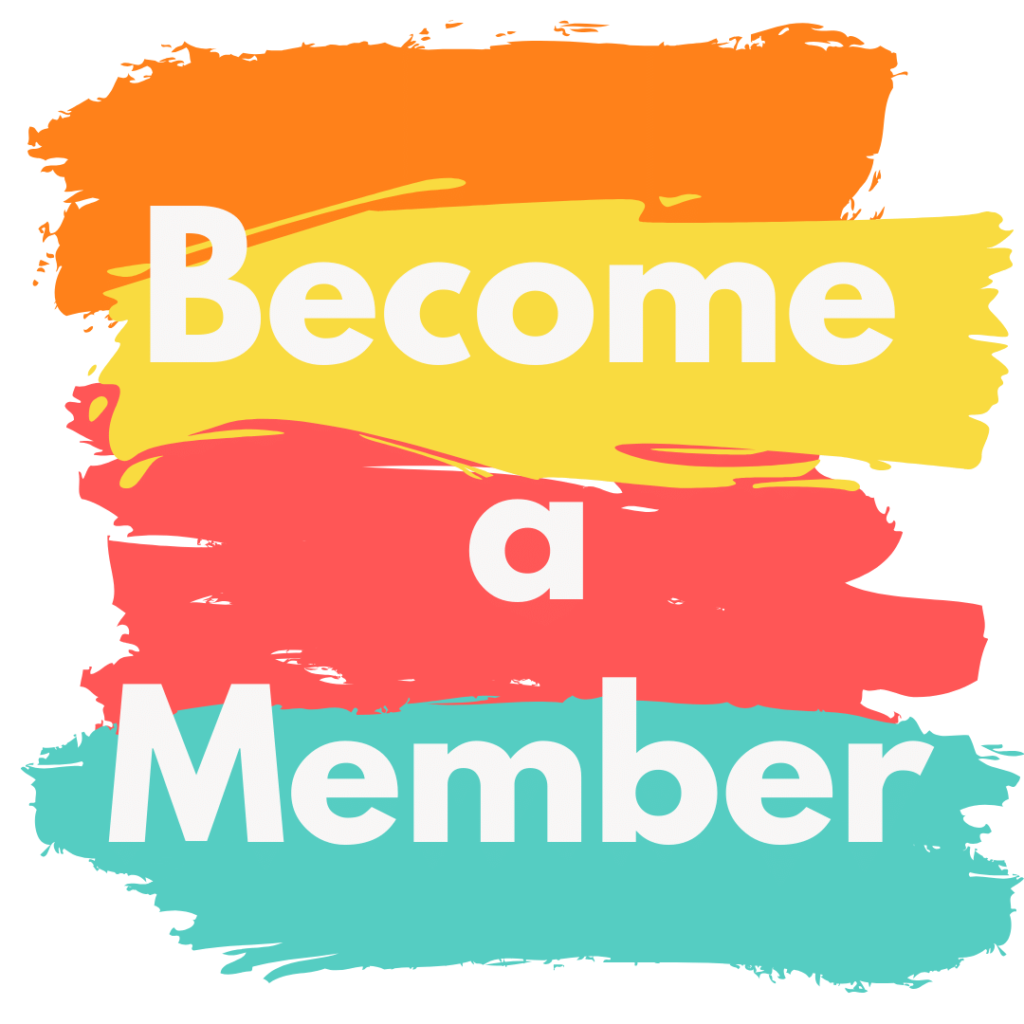Our program encourages children to foster a love of learning by participating in a variety of activities that incorporate both education and play into their learning experiences. Children learn best when they are interested and engaged in their learning, our philosophy strives on this very principle. We believe that in order for a child to learn to the best of their ability, they must freely choose to engage rather than being forced to accomplish certain tasks. Therefore we encourage you as parents to follow your children's lead and follow the program through gauging the child’s level of interest and engagement in the daily activities.

Math: Math is an important part of learning for children in the early years because it provides the building blocks for vital life skills as they develop throughout their lives. These skills will help children problem solve, measure and develop their own spatial awareness, and teach them how to use and understand shapes. Our program builds on these core mathematical concepts through play based activities that allow children to learn in a fun and engaging manner.

Phonics: Children have a high level of enthusiasm for learning. Our Phonics program takes the child through learning one sound per day. By introducing only one sound a day it teaches the child the sounds to make words and the child shows an eager interest towards learning a new sound each day. They are then shown how to blend the sounds to form words, followed by learning to read words and sentences.

Science: Science has led to the discovery of everything from gravity to medicine. Science is based on curiosity and when children aim to learn more about the world around them, it is science that often holds the clues they need for a better understanding. Beginning when children are very young, science helps shape their development. As they learn to ask questions, make predictions, observe, test, and then communicate their findings, they are developing critical science skills. Our program provides a variety of experiments/activities that foster scientific thinking by allowing children to be immersed in the learning experience through a hands-on approach.
Fine Motor: Developing fine motor skills will give the children the ability to use small muscles in their hands and upper body. Utilizing fine motor activities will support and develop upper body skills to set your child up for success.

Movement: Full body movements help support motor planning skills. Children are dependent on the ability to use muscles to sit properly, control their body movements, leg/arm strength, ability to use both sides of their body and motor plan or come up with new ideas to perform.

Art: Creating art expands a child's ability to interact with the world around them, and provides a new set of skills for self-expression and communication. Not only does art help to develop the right side of the brain, it also cultivates important skills that benefit a child's development such as communication, social/emotional, problem solving, and lastly fine motor skills. Art also develops a child’s creativity, it allows children to take the lead in the direction they want to pursue. Art is an experience that requires freethinking, experimentation and analysis which are all core aspects of fostering creativity. Art is an expressive activity through which the process of creating something is the true goal. Perfection of an art piece does not define art therefore we encourage you to supervise your children’s art experiences and let them explore independently.



